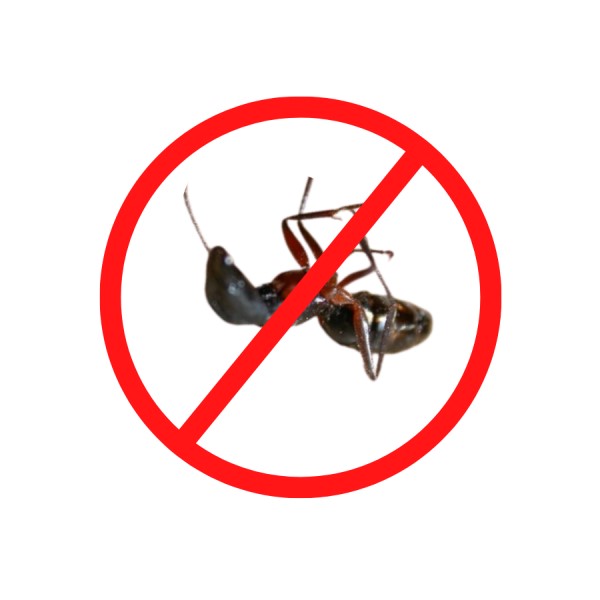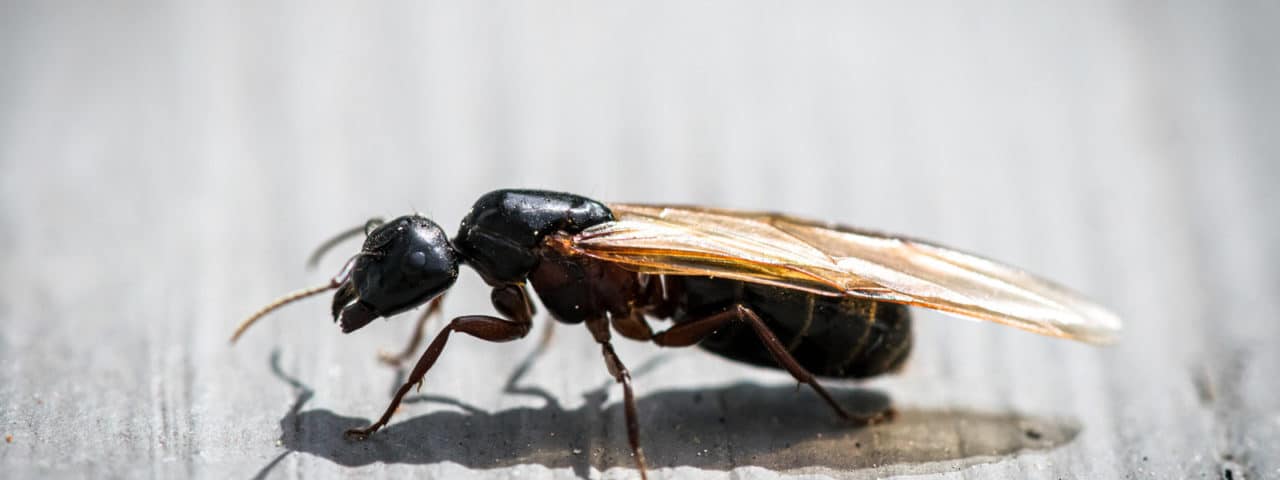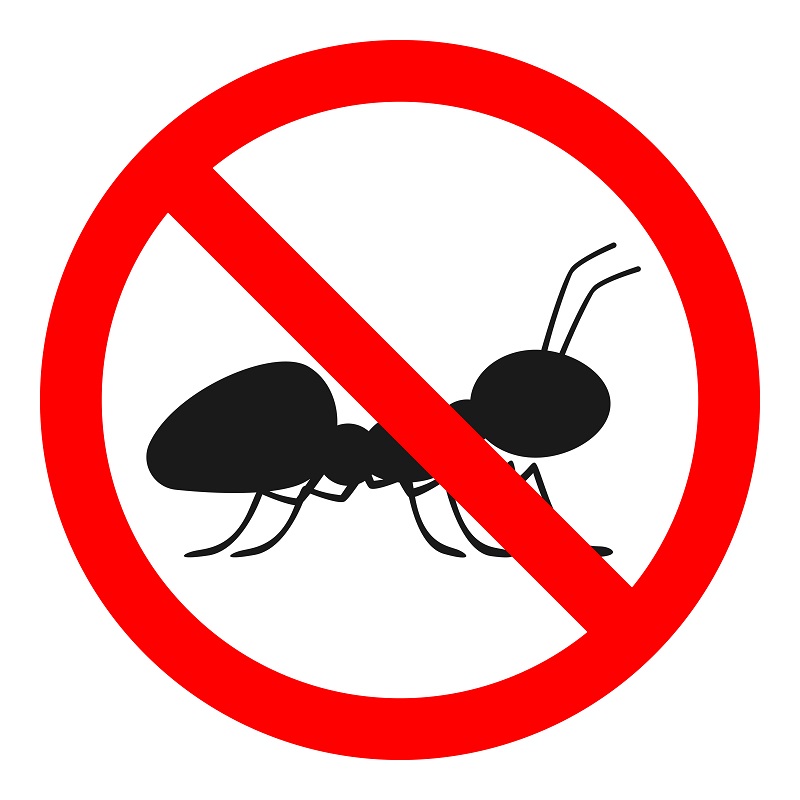Comprehensive Termite Control: Shield Your Home with Expert Services
Comprehensive Termite Control: Shield Your Home with Expert Services
Blog Article
Ecological Effect of Insect Control: Harmonizing Efficiency With Sustainability
The ecological effect of pest control is an important issue that requires a delicate balance between attaining performance in ensuring and managing bugs sustainability of our ecosystems. From the use of damaging chemicals that leak into our dirt and water to the unintended repercussions on non-target species, the consequences of traditional bug control techniques are far-ranging.
Harmful Chemicals in Bug Control
The utilization of dangerous chemicals in parasite control presents substantial ecological and health and wellness dangers that require cautious factor to consider and mitigation techniques. Pesticides, pesticides, and herbicides are typically made use of to eradicate pests, however their extensive application can lead to unexpected consequences. These chemicals can contaminate soil, water sources, and the air, influencing not only the targeted pests yet also helpful pests, wild animals, and humans.

To deal with these dangers, incorporated insect administration (IPM) methods are being advertised as a more lasting choice. IPM includes a combination of methods such as biological control, environment control, and the targeted use chemicals as a last hope (ant control hickory nc). By taking on an all natural technique to pest control, we can lessen the environmental and health effects connected with damaging chemicals while efficiently managing pest populations
Effect On Non-Target Variety
Considering the unintentional consequences of pest control approaches, the effect on non-target varieties is an important element that calls for detailed assessment. While parasite control procedures aim to target details pests, other organisms in the ecosystem may be accidentally influenced. Non-target species, consisting of useful insects, birds, animals, and also plants, can suffer indirect or straight damage from chemical applications or organic control methods.
Pesticides created to combat a certain bug parasite might hurt pollinators like or natural killers such as ladybugs. Biological control agents, if not species-specific, can posture dangers to unplanned targets, disrupting the eco-friendly balance.
To alleviate the effect on non-target species, incorporated insect management (IPM) methods that highlight a holistic method to pest control are advised. These techniques focus on using ecologically friendly techniques, minimizing damage to valuable microorganisms while properly handling pest populations. Carrying out detailed threat analyses and checking the outcomes of insect control efforts are necessary actions in guarding non-target types and promoting general environment health.
Dirt and Water Contamination
Unexpected environmental consequences of parasite control methods expand beyond influencing non-target types, with significant effects for soil and water contamination. Chemicals, herbicides, and chemical fertilizers made use of in insect control can leach right into the dirt and contaminate groundwater, presenting a threat to both earthbound and aquatic environments. Soil contamination can disrupt the balance of microbes essential for nutrition biking and plant development, bring about reduced soil fertility and efficiency. In addition, these chemicals can linger in the setting for extensive periods, gathering in the dirt and potentially getting in the food cycle.
Water contamination is one more vital issue related to parasite control methods. Runoff from agricultural areas treated with chemicals can carry these chemicals into close-by water bodies, affecting water organisms and water quality. Pollutants in water sources can have far-reaching consequences, impacting not only aquatic life however also human wellness with the usage of infected water or marine organisms. To alleviate soil and water contamination from bug control tasks, integrated pest monitoring techniques that focus on sustainability and reduce chemical inputs are vital.
Air Air Pollution From Pesticide Use
Direct exposure to airborne chemicals during farming applications postures a significant issue for air pollution control procedures. They can volatilize into the air and type unstable natural compounds (VOCs) and various other airborne toxins when pesticides are sprayed onto plants - ant control services. These chemicals can contribute to the formation of ground-level ozone, a significant element of smog that can have destructive impacts on human health, plant performance, and overall air quality. In addition, chemical drift, where pesticides are lugged by the wind to unexpected areas, can result in the contamination of nearby environments and water bodies.

Methods for Lasting Bug Control
In the world of agricultural methods, applying lasting parasite control strategies is paramount for maintaining eco-friendly equilibrium and protecting crop returns. Lasting parasite control emphasizes making use of eco-friendly approaches to take care of pest populations properly while decreasing injury to non-target organisms and communities. Integrated Pest Monitoring (IPM) is an extensively embraced method that incorporates organic, cultural, physical, and chemical control techniques to accomplish long-term bug administration remedies.
One trick strategy in sustainable parasite control is advertising biodiversity within agroecosystems. By enhancing natural opponents of insects, such as predators and parasitoids, farmers can reduce the need for synthetic chemicals. Crop turning and diversity are additionally efficient methods to interfere with pest life cycles and create less desirable conditions for pests to prosper. In addition, using pest-resistant plant selections and employing strategies like catch chopping can help in reducing pest stress without relying heavily on chemical treatments. Eventually, by incorporating these lasting parasite control methods, farmers can achieve a balance in between pest management efficiency and ecological stewardship.
Conclusion
Finally, the environmental impact of parasite control approaches need to be carefully taken into consideration to balance efficiency with sustainability. Harmful chemicals utilized in pest control can lead to dirt and water contamination, air contamination, and damage non-target types - termite control services. It is vital to carry out sustainable bug control approaches to lessen these negative impacts on the environment and advertise a much healthier ecosystem for future generations
By taking on an all natural technique to pest control, we can reduce the environmental and health impacts connected with dangerous chemicals while successfully managing pest populations.

To alleviate the air pollution triggered by chemical use, it is essential to adopt integrated insect administration strategies that prioritize the usage of non-chemical pest control techniques, such ant control winston salem nc as plant turning, natural killers, and resistant crop varieties. Lasting pest control highlights the usage of eco friendly methods to handle bug populaces successfully while reducing harm to non-target microorganisms and ecosystems. Integrated Bug Management (IPM) is a widely embraced strategy that combines organic, social, physical, and chemical control approaches to accomplish long-lasting parasite administration services.
Report this page